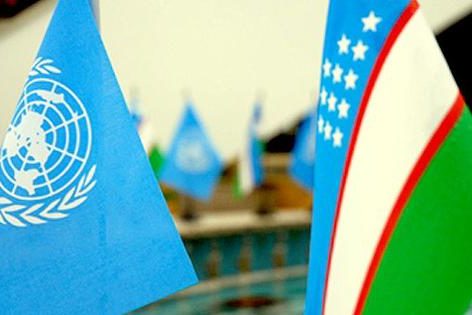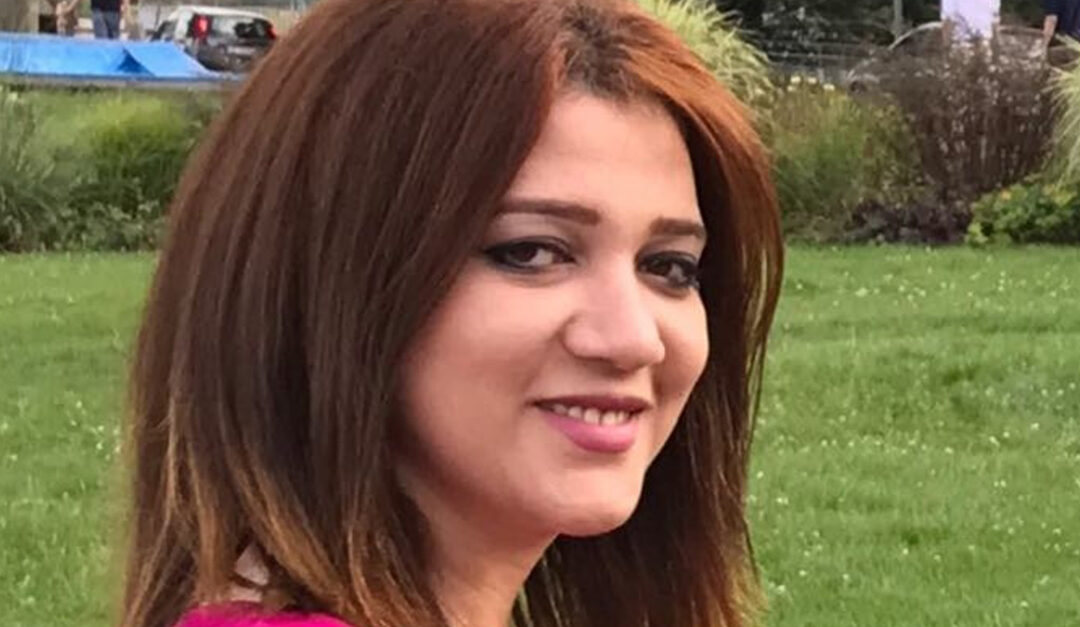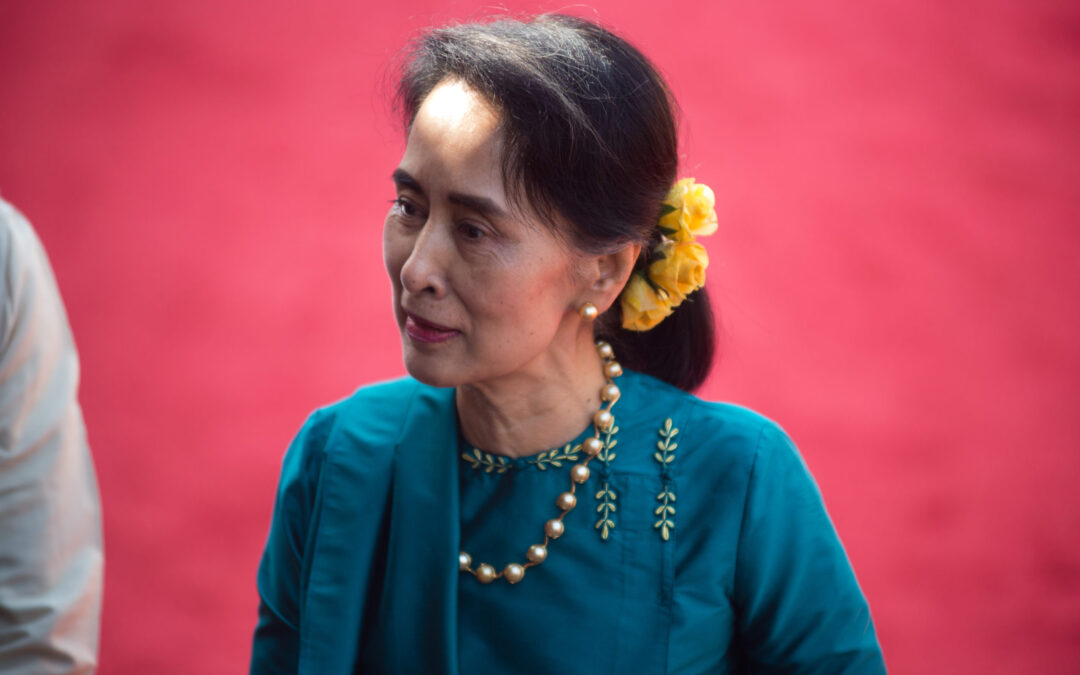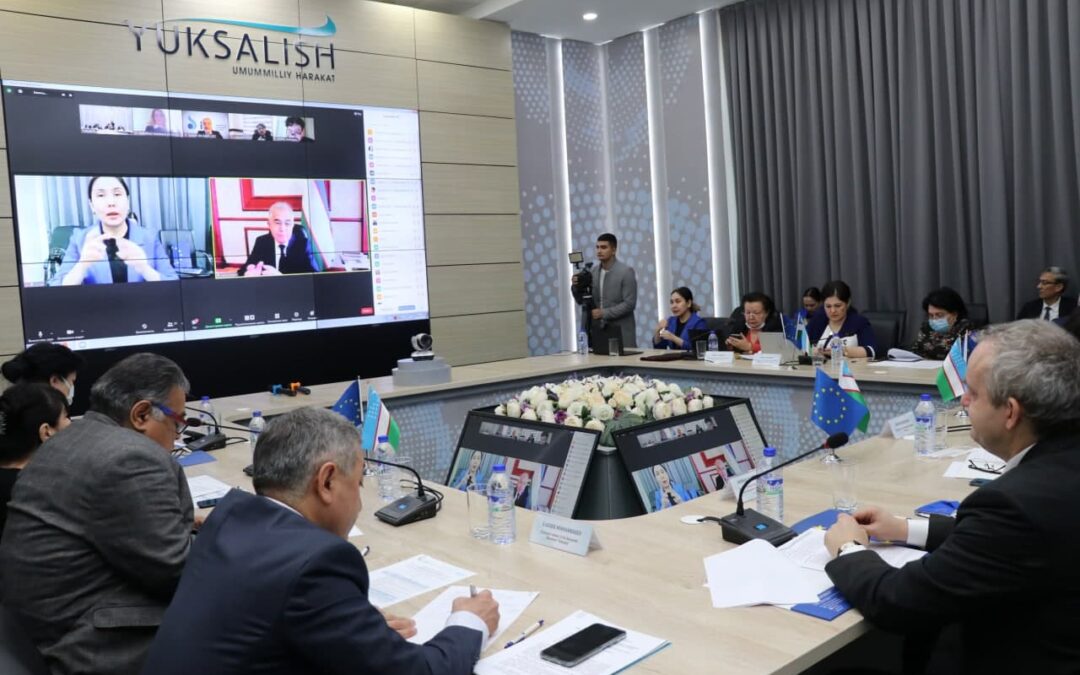
Jan 19, 2022 | Advocacy, Non-legal submissions
International human rights law and standards, including on economic, social and cultural rights, should become a governing framework for the ongoing programme of reforms in Uzbekistan, said the ICJ in its submission to the UN Committee on Economic, Social and Cultural Rights (CESCR). Reforms should aim at ensuring compliance with international law obligations, including on issues of equality and non-discrimination, housing, healthcare, labour rights, access to justice and remedies in cases of violations of ESC rights.

Jan 13, 2022 | News
The Egyptian authorities must immediately quash the conviction of human rights defender, Amal Fathy, dismiss all charges against her and set aside the one-year prison sentence imposed on her, said the International Commission of Jurists Today.

Jan 10, 2022 | News
The conviction of State Counselor Aung San Suu Kyi today after an unfair process on trumped-up charges exposes the extent of the military’s control over the judiciary, said the International Commission of Jurists (ICJ) today.

Jan 7, 2022 | News
The Tunisian authorities must immediately release detained opposition politicians Noureddine el-Bhiri and Fathi Baldi and end the abuse of emergency powers to subject members of the political opposition to arbitrary arrest and other human rights violations, said the ICJ today

Dec 20, 2021 | News
Civil society should play an active role in the UN treaty bodies reviews of Uzbekistan’s human rights record, an ICJ event in Tashkent, Uzbekistan, emphasised.









